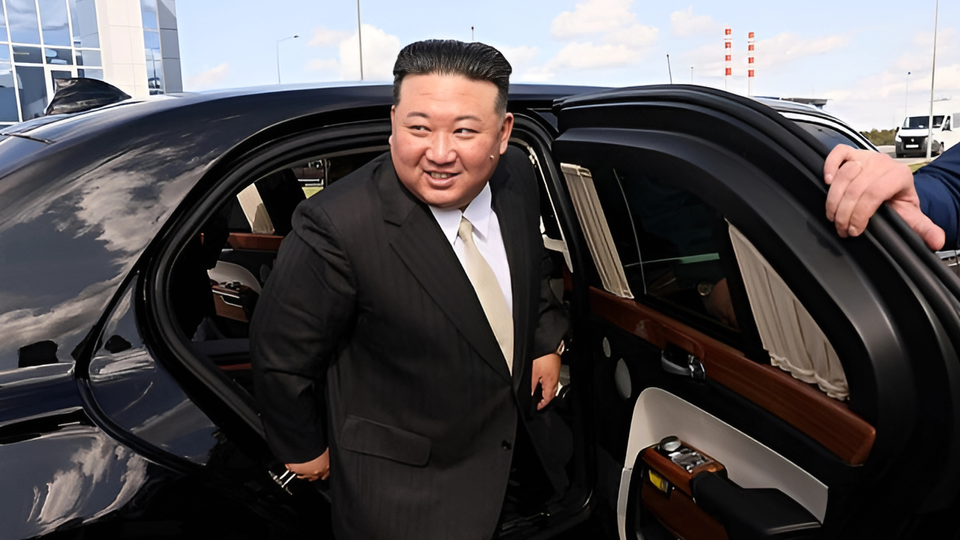North Korea's Missile Moves Challenge U.S. Amid Election Tensions

North Korea has once again stirred international unease with a series of missile launches, including short-range ballistic missiles and an intercontinental ballistic missile (ICBM) dubbed the Hwasong-19. The launches occurred on November 5, 2024, a strategic timing that coincides closely with the U.S. presidential election, raising suspicions about Pyongyang's intentions to attract global attention.
On November 5, North Korea launched multiple short-range ballistic missiles off its eastern coast, confirmed by both South Korean military officials and Japan's Defense Ministry. Fortunately, these missiles, which are reported to have landed in the sea without causing damage, represent a continued escalation in North Korea's aggressive military posture. Just days prior, Pyongyang launched the Hwasong-19 ICBM on October 31, flying approximately 1,000 kilometers and reaching an altitude of over 7,000 kilometers before descending into the ocean. North Korean state media hailed this launch as a “crucial test” indicating advancements in the nation's strategic missile capabilities.
Political analysts suggest that North Korea's missile activities are intended to capture U.S. attention during a politically charged period—the presidential election. South Korea’s intelligence services have noted the likelihood of increased military demonstrations by North Korea as a means of leveraging leverage in international discussions.
The United Nations Security Council promptly condemned the most recent launches, reiterating calls for dialogue and urging all parties to avoid escalating tensions in the region. The U.S. has indicated that while these launches do not pose an immediate threat, it will continue to monitor the situation closely. In response, the United States, South Korea, and Japan conducted a joint military exercise featuring a long-range B-1B bomber, showcasing their commitment to deterrence strategies against North Korean aggressions.
Compounding these tensions is North Korea's deepening cooperation with Russia, particularly amid the ongoing conflict in Ukraine. Following the signing of a comprehensive strategic partnership treaty in June 2024, reports indicate that North Korea has dispatched between 10,000 and 12,000 troops to assist Russia in its military efforts. This partnership raises alarm regarding military technology exchanges and potential ramifications for global security.
As North Korea's missile capabilities expand, South Korea's military intelligence agency has noted preparations for what is believed to be the country's seventh nuclear test. The continuing missile tests and nuclear program pose a significant threat to regional stability and maintain a state of heightened alert in neighboring countries. The UN Secretary-General has vehemently denounced these actions as violations of multiple Council resolutions, calling for full de-escalation and a return to diplomatic engagements.
The interplay of North Korea's provocative military actions, the strategic responses from the United States and its allies, and the geopolitical dynamics surrounding U.S. presidential politics all culminate in a precarious situation on the Korean Peninsula. As Pyongyang’s missile tests continue to provoke international ire, vigilance and strong diplomatic efforts remain essential in navigating this complex landscape. The need for continued pressure on North Korea, alongside robust military readiness, reflects the ongoing challenge of ensuring peace and stability in the face of emerging threats.
Article Sources:
https://www.dw.com/en/north-korea-launches-wave-of-missiles-on-eve-of-us-election/a-70689098


Comments ()